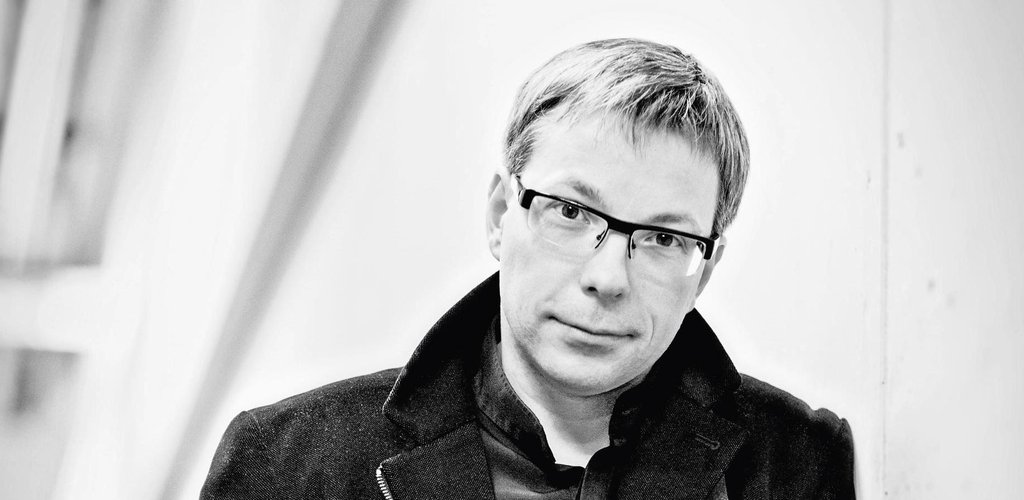Did you know that the long, dark days have positive effects as well? Or that the Northern light is not an every-day phenomenon for the Estonian either? On 25 September, the authentic Estonian Olari Elts will conduct the Budapest Festival Orchestra playing Estonian musical pieces. Interview with the conductor.
Can you define the substance of Estonian music?
Olari Elts: If we think of contemporary classical music, we get closer to the answer at once. About 25-30 years ago people traveled less, had less information, spent most of their life in the same surroundings, this is how the above-mentioned music was born. In the last century the borders were closed for more than 50 years! At that time Estonian music was detectable more easily by intonations, rhythmic patterns, subjects and also the music education was different. The amount of influences was limited. Nowadays the only common characteristic about Estonian music is that it is written by Estonian composers, or a composer living in Estonia. Everyone has a very different background and education and that makes the palette really fabulous, from Erkki-Sven Tüür to Helena Tulve. There is perhaps still that Northern touch. Up here things in nature happen slower, also there is that sunless period which has historically been more a time for “thinking things over” (and over and over) and we can’t deny that Estonian national identity is strongly connected to the region’s folk music and song.
You will conduct the Budapest Festival Orchestra on 25 September at the Bridging Europe festival. In the first half of the concert you will perform the Hymns to the Nordic Lights by Tõnu Kõrvits. Please, share your experiences with us about this fantastic phenomenon we never have a chance to see here in Hungary. How does the musical piece of Kõrvits mirror this?
O.E.: I suppose for most of the people in Estonia it is almost as rare as it is in Hungary despite the fact that the probability is bigger. The majority of us live in the city which substantially reduces the probability for us to see it even if it is there. My personal connection to this most amazing phenomenon is all from Northern Finland or Norway above the polar circle. And those have been one of the strongest nature experiences in my life. Tõnu Kõrvits has done really well creating his audial version of it.
The second piece is written by Erkki-Sven Tüür for marimba. Tüür – as we know – is one of the most popular composers in Estonia. Please explain me, why he wrote this marimba concerto called Ardor for Pedro Carneiro, the famous Portuguese percussion soloist?
O.E.: He wrote it because Pedro convinced him to do it with his fantastic playing and music making. It is written for and commissioned by Pedro Carneiro. As in most of Erkki-Sven’s music at that period it is about building oxymoronic bridges between sonoristic serial material to minimal music, and of course you can also feel his rock music background. That is a piece full of extreme contrasts where the solo part is very cleverly integrated into the orchestra but at the same time it has enough space to shine and show also the lyrical part of that fantastic instrument.
The last piece of the concert is the 7th symphony written by Eduard Tubin. How much has it influenced his music that he had to flee from Estonia to Sweden because of the Soviet power?
O.E.: It certainly has. If we compare the intonations between the first four symphonies and the rest then it is rather clear that there is a substantial dramatic change. Tubin was certainly more a Rachmaninov type of person who was not ready to be cosmopolitan. Both of them learned to live abroad but missed their home country unlike Stravinsky. There is a certain sentiment in Tubin’s symphonies after No. 5 that can (among other things) be connected to this.
Finally: is there a special way to conduct the music written by Estonian composers? Do you feel differently when you conduct the music of your nation?
O.E.: I think there is no difference who plays, conducts, listens to Estonian or any other music, if you know the background. Experience is everything.
